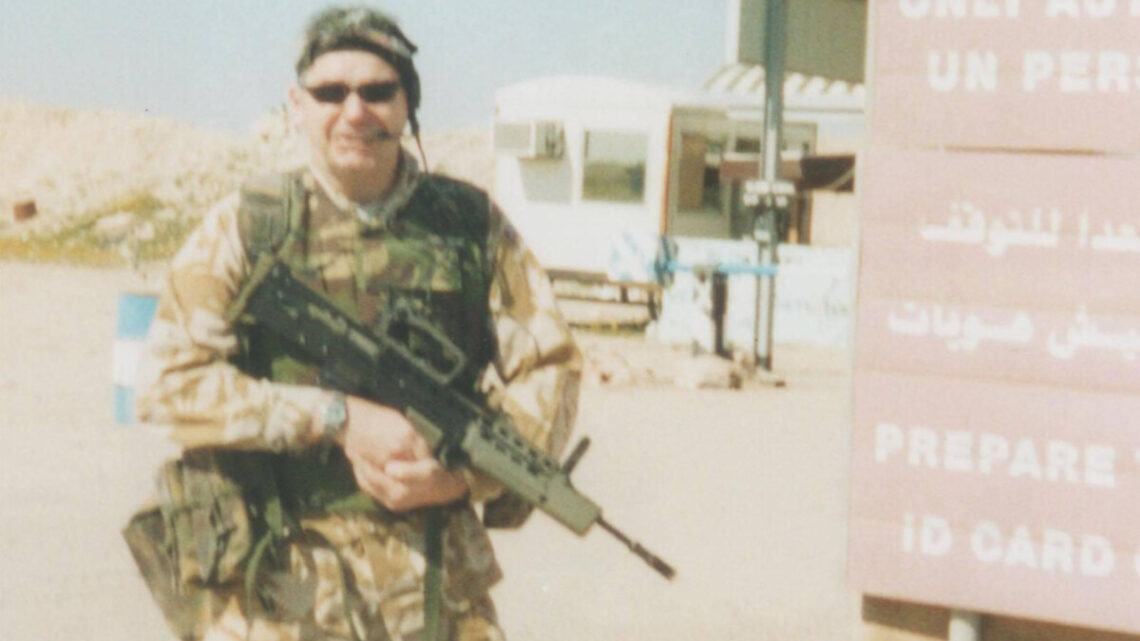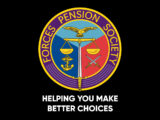
Civvy Life – Iain Aitken
Transitioning from a data analyst in the RAF to becoming a physiotherapist with Leonard Cheshire is quite a shift, but it’s great to see people pursue different passions and make meaningful contributions in various fields.
What’s your Military background?
I enlisted in the RAF in 1990 and trained as a data analyst. I was analysing acoustic signatures on submarines and aircraft, then I moved into Intelligence, with a little bit of database management along the way, but mostly within anti-submarine warfare.
I worked at the Joint Maritime Facility, an amalgamation of the RAF, Royal Navy and the US Navy.
When did you decide to leave the Forces?
I left in 2010. I was getting fed up with being sent out to the desert for six months at a time. That was the main thing, but I needed the kids to settle down somewhere; they needed more stability. So, we moved to Wales and I commuted back and forth to London and it was much better for them.
How was resettlement?
I hated it! I used my learning credits to qualify in sports therapy. And then I used another one to train in close protection. I went into private security after leaving the RAF but I decided that was a young man’s game. I left and started volunteering at Leonard Cheshire.
There was a vacancy that came up for the physio at the care home where I’m working at now. I’ve been here for nine years.

From data analyst in the RAF to becoming a physiotherapist, is an enormous change…
I used to do a lot of karate for the RAF team. It was my coach who said it’s OK breaking people, but what’s really cool, is putting them back together. He pushed me into that side of things and I did the sports therapy part time with my ELCAS credits.
I started off volunteering, driving the residents out to have coffees and taking them down to the beach and stuff like that. The physio slot came up and I applied for it.
What kind of residents do you work with?
A lot of our residents have really complex needs, such as MS, MND and brain injuries. I’m a team leader within the physio department, so I cover all the therapy needs of the residents here, whether it’s coordinating their care plans, physio plans, hydrotherapy, and getting external therapists to come in, as well as managing their wheelchairs, posture and stuff like that.
I’m sure you need to bring a great deal of compassion to the role, though you describe it in a very systematic way…
Yes, but I look for a formulaic solution.
Is that what Veterans bring to these sorts of roles?
Yes, I’d say so. If they like the job, you’ve got instant loyalty and integrity; somebody who’s going to turn up for work in the morning and do the job to the best of their ability.
What Military acquired skills or attributes do you find yourself using?
Definitely providing motivation. I suppose some of my skills were transferable but I couldn’t tell you which ones.
What do you most appreciate in your current role?
Leonard Cheshire is quite flexible. If you feel that you’re struggling with a particular aspect of the workload they’ll take something off you, or they’ll offer to help. They’ve been really good and supportive.
What’s your takeaway advice for people currently going through resettlement?
Think it through and stick to one thing that you want to specialise in, rather than wasting your ELCs. You can get quite a decent set of qualifications through that scheme. Concentrate on what you want to do and go for it.
Have you any thoughts regarding how your life might be different, if you hadn’t decided to work for a charitable organisation?
Well, I did a few contracts working in the corporate world, in security, and it just wasn’t the same. People were quite dismissive about you and didn’t really want to get to know you. But here, I’ve got that camaraderie. This is definitely one of the most rewarding jobs I’ve had because you’ve got that sense of purpose and you can see your targets, you can see your residents improving, and getting better. That’s a huge motivation as well. So, I actually look forward to coming into work.
OK, but camaraderie, purpose, targets… Sounds a bit like the Military to me.
Guilty!




